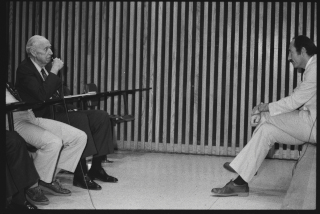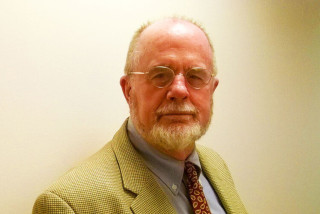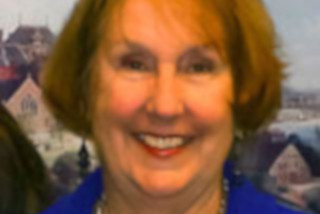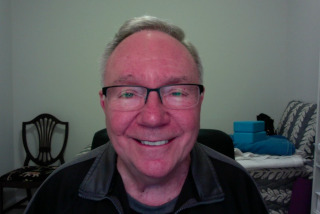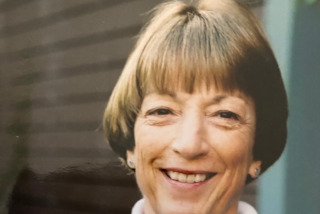Oral History Project
Listen as Bowen scholars and clinical specialists talk about their relationships with Dr. Bowen and their own work.
In this audio interview, Dr. Dan Papero talks about his professional history and his experiences working with Dr. Bowen. He details how he put Bowen theory principles into practice while working at a community mental health center in Nashville, TN, as well as at the VA hospital located there. He eventually moved to Washington, D.C. to join the Bowen Center faculty. Listen in as he shares vivid memories detailing Dr. Bowen’s influence on his thinking and on his life and explores the value Bowen theory can bring to understanding societal emotional process within the current geopolitical environment.
Dr. Walter Smith describes his time in the postgraduate program with Dr. Bowen, seeing the effort that Dr. Bowen made to really grapple with theory, and the demand he made on his students to do the same. This helped Dr. Smith to realize that he would have to figure out theory for himself, leading him to not only explore theory within his own family, but to pursue a career working with families who were part of the child welfare system, a space he felt would be particularly fruitful for exploring theory and examining the forces that are at play within family systems. Beyond that, he encourages us to explore different approaches and a different set of hypotheses as we go about addressing large, structural, societal problems, “not so much from just learning Bowen theory, but actually learning an approach to vexing complex human dilemmas that really tries to underscore that each of us are part of the problem.”
In this interview, Doug Murphy discusses his attraction to Bowen theory from the outset and the ways in which it helped him think about the cutoff he had with his father. Bowen theory offered very productive yet counterintuitive ways of addressing cutoff that he found intriguing, and which were quite different from conventional psychiatry.
He also talks about his initial fear of Dr. Bowen and the ways in which Dr. Bowen broke that barrier down, including by cursing “like a drunken sailor” through their hour-long consultation together. Mr. Murphy and Andrea discuss the ways in which Dr. Bowen would seek to wake people up, “smack” them, or snap them out of their usual behaviors. They discuss the fantastic trickery he would use to put the responsibility back on others for the way they are without shaming or blaming them but helping to illuminate who they are.
Dr. Anne McKnight, the Director Emeritus and the third director of the Bowen Center for the Study of the Family, begins by telling us how she began her career as a part-time social worker at an alcohol treatment center. She began seeing families there in the mid-1970s. AA was more for individuals, whereas Al-Anon was a family-oriented organization. Her work with Al-Anon sparked her interest in family focused treatment strategies. Around 1975, she went to a workshop on families at the National Council of Alcoholism. Dr. Bowen was on a panel and she asked, “Dr. Bowen, what do you do with families with alcoholism?” He used his hands to signal this was a long-term problem. Curious about what he meant, she found her way into the training program at the Bowen Center about a year later.
In this interview, Mr. Giove talks about how he came to be introduced to Bowen Family Systems Theory and Dr. Bowen himself. He also discusses his experiences in the postgraduate program, medical and clinical conferences, and the complexities and variables involved in practicing theory.
While doing research for his dissertation, Dr. Wendel Ray came across correspondence between Dr. Murray Bowen and Dr. Don Jackson, both of whom were interested in a theory of human behavior. In one letter, Jackson responds to Bowen’s work with, “hey, you’ve got a theory here.” Throughout the interview Dr. Ray recalls that first conversation, what he learned from him and what of Dr. Bowen’s work he has taught to his own students, saying: “I love the way this man unpacks the reasoning behind his suggestions for what a therapist should do in working with a person, it’s so consistent with his theory.”
Ms. Bunting recounts her introduction to Bowen Family Systems Theory and Dr. Bowen himself. She describes the shift in her own thinking and the wide reaching applications of that shift, the growth that came from that shift and her work to share Bowen theory and its applications with others.

